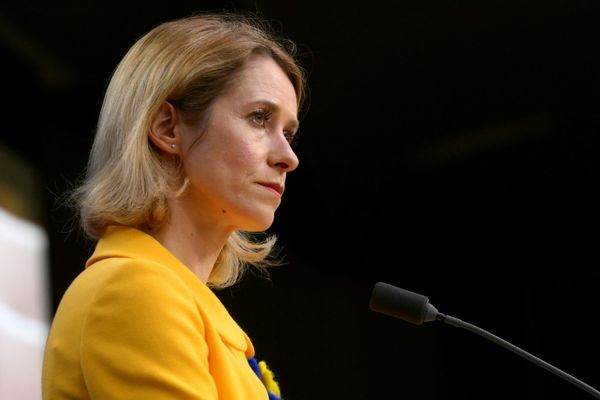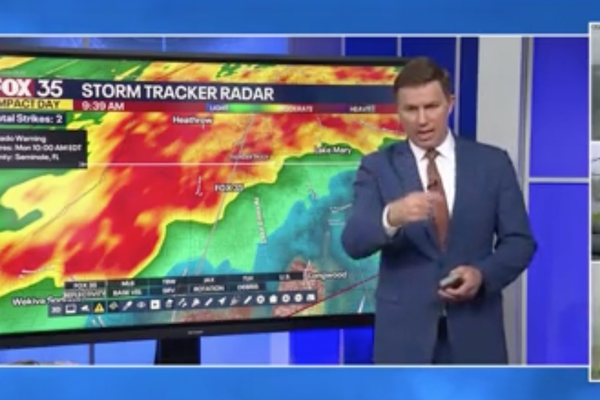
President Donald Trump proposed on Tuesday that the United States assume ownership of the Gaza Strip and oversee its redevelopment following the resettlement of Palestinians to other locations. Trump emphasized the need to address the presence of dangerous unexploded ordnance and weapons in the area, stating that the U.S. would be responsible for dismantling them. He also outlined plans to level destroyed buildings and establish economic development initiatives to generate jobs and housing for the local population.
During a joint news conference with Israeli Prime Minister Benjamin Netanyahu, Trump reiterated his stance that displaced Palestinians in Gaza should be permanently relocated outside the conflict-ridden territory. He expressed skepticism about the feasibility of individuals returning to Gaza given the current conditions, advocating for alternative resettlement options that prioritize safety and well-being.
The president's remarks come amid ongoing discussions about the fragile ceasefire and hostage agreement between Israel and Hamas. While Trump's proposal for mass relocation has faced opposition from regional allies and Palestinian authorities, he remains steadfast in his belief that a new approach is necessary to address the longstanding challenges in the region.
Trump's focus on Gaza's future population of over 2 million residents reflects a broader reassessment of the Israeli-Palestinian conflict and potential solutions. The White House's engagement with key stakeholders, including Egypt and Jordan, underscores the complexity of the situation and the need for diplomatic efforts to achieve lasting peace and stability.





















Netanyahu's visit to Washington coincides with his ongoing legal challenges and domestic political pressures. The Israeli prime minister's collaboration with Trump on the ceasefire agreement and hostage negotiations signals a shared commitment to resolving the conflict and advancing regional security interests.
As discussions continue about the next phase of the ceasefire and potential outcomes for Gaza, the role of international partners, including the U.S., remains crucial in shaping the path forward. Trump's executive actions on Iran and broader regional dynamics further underscore the interconnected nature of conflicts in the Middle East and the need for coordinated responses.
Overall, Trump's proposals regarding Gaza and the Israeli-Palestinian conflict reflect a mix of strategic considerations, humanitarian concerns, and geopolitical calculations. The evolving situation in the region will require sustained engagement and dialogue to address the root causes of conflict and pave the way for a more stable and prosperous future.




![Nevada Math Prof Alleges Discipline for "Voic[ing] Concerns About … the Math Department … Lower[ing] Its Curriculum Standards"](https://images.inkl.com/s3/publisher/cover/212/reason-cover.png?w=600)


